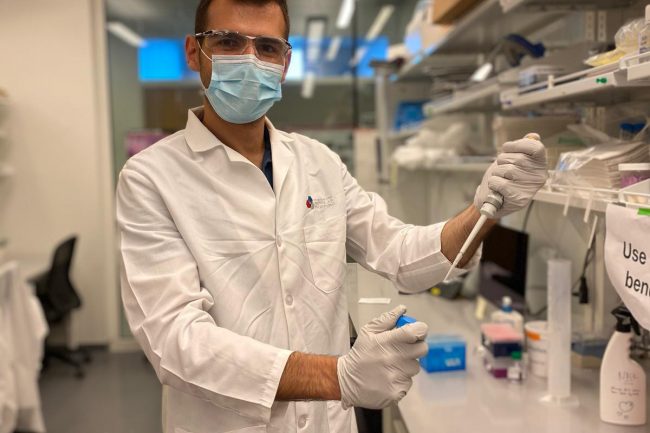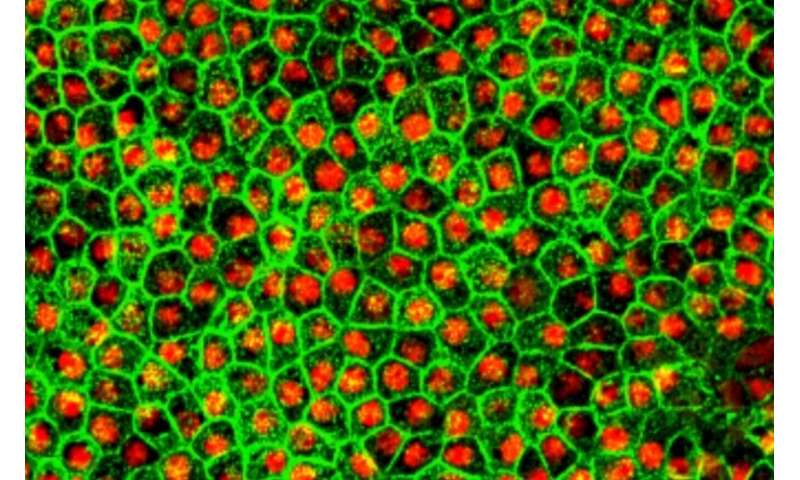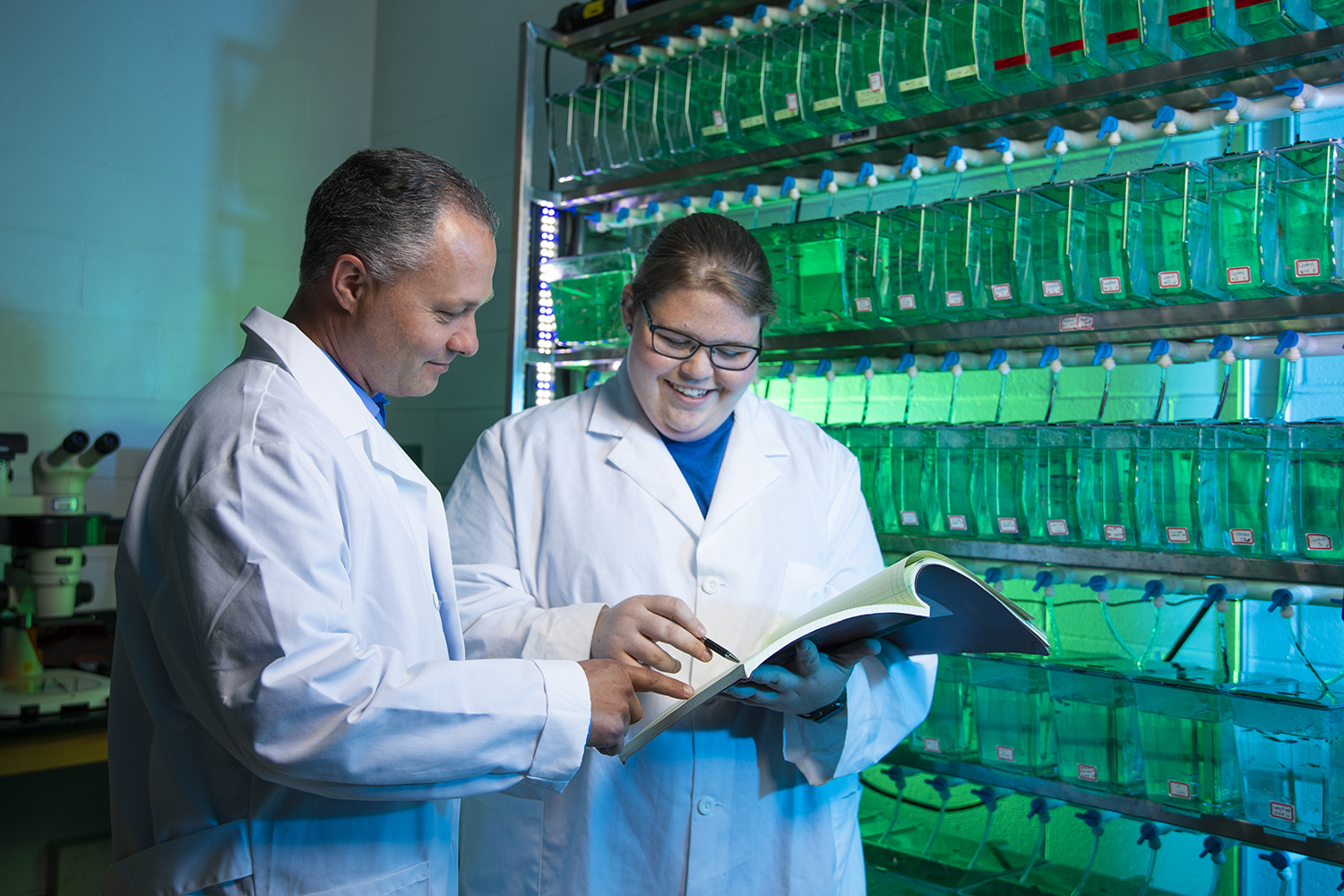 |
| (c) peimag.com |
Retina Global is a US based 501(c)(3) nonprofit that is focused on finding sustainable solutions to the ever-increasing issues with retinal diseases in underserved areas around the world.
Saturday, October 24, 2020
A commonly used anti-VEGF may not be as effective in treating diabetic macular edema in black patients
Thursday, October 22, 2020
Artificial Intelligence to predict heart disease via the eyes
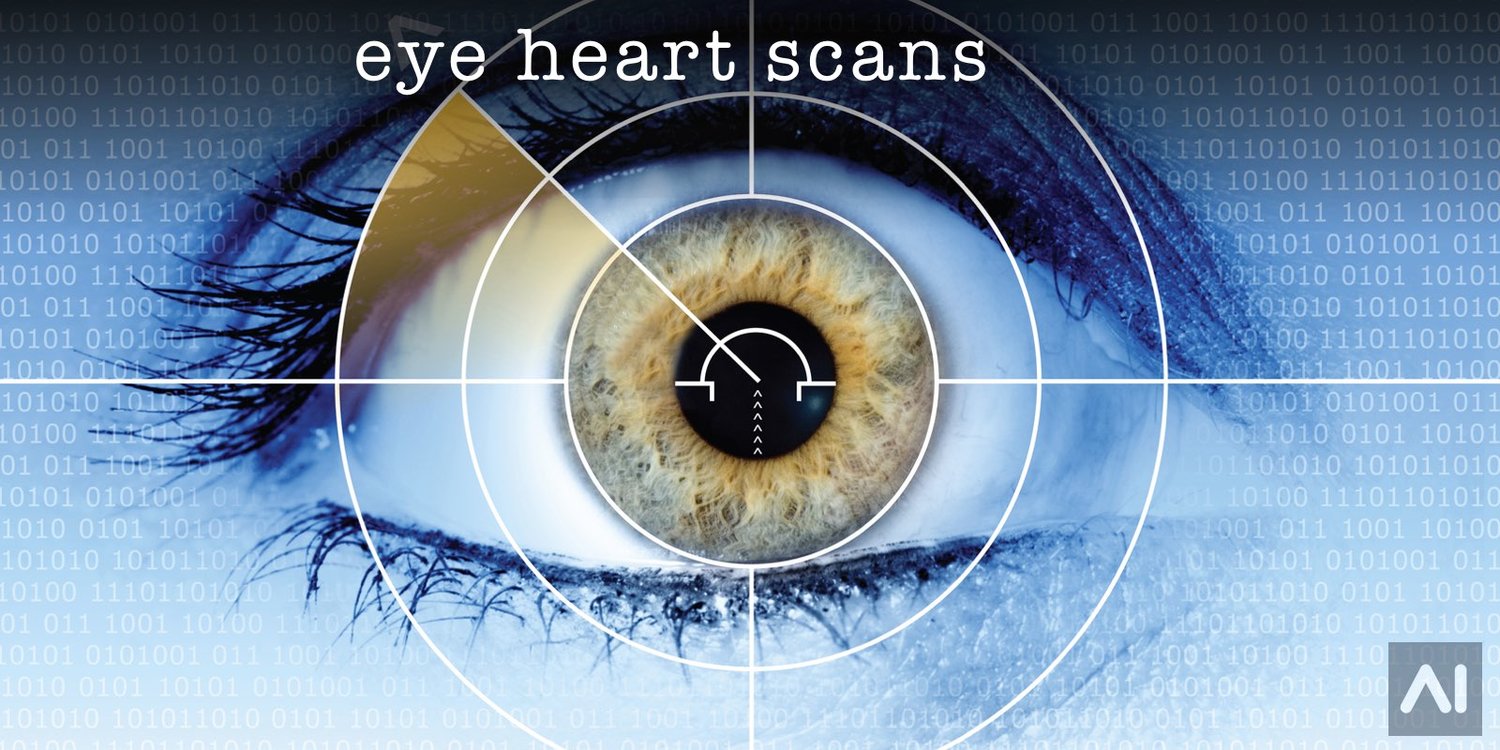 |
| (c) iaidl.org |
An international collaboration of researchers has developed an autonomous artificial intelligence that is able to predict the risk of cardiovascular disease in patients through the blood vessels of the retina. The results of the study were published in the journal Nature Biological Engineering.
Labels:
AI,
Angiography,
Artificial,
Deep,
disease,
Eye,
heart,
Intelligence,
Learning,
Machine,
scan
Wednesday, October 21, 2020
Study reveals significant restoration of retinal and visual function following Gene Therapy
 |
| (c) Nature Biomedical Engg |
Published today in Nature Biomedical Engineering, the paper, titled, “Restoration of visual function in adult mice with an inherited retinal disease via adenine base editing,” illustrates the use of a new generation CRISPR technology and lays the foundation for the development of a new therapeutic modality for a wide range of inherited ocular diseases caused by different gene mutations.
Saturday, October 17, 2020
World's first transplant of iPS visual cells for retinal disease
Wednesday, October 14, 2020
Is there any evidence of energy drinks causing retinal damage and visual impairment?
 |
| (c) Ophthalmology Management |
Labels:
Angiography,
caffeine,
Choroid,
Drink,
Energy,
Inositol,
OCT,
Retina,
Taurine,
Turkey,
Vascular
Friday, October 9, 2020
Is it possible for us humans to regenerate our eyes? Research points to a possibility.
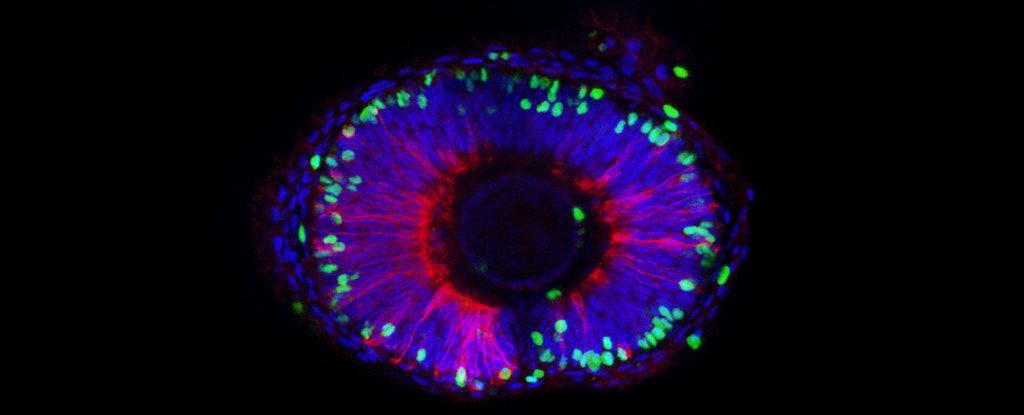 |
| (c) elifesciences.org |
Unlike us, other animals such as zebrafish are able to regenerate this tissue that's so crucial to our power of sight. We share 70 percent of our genes with these tiny little zebrafish, and scientists have just discovered some of the shared genes include the ones that grant zebrafish the ability to grow back their retinas.
Wednesday, September 23, 2020
COVID-19 and the Retina - how does this Coronavirus affect the back of the eye?
 |
| (c) Wikipedia |
As the coronavirus pandemic evolves and spreads worldwide, more information emerges on how the virus affects the body. What was once a respiratory illness has now become a systemic infection, affecting multiple organs.
Monday, September 21, 2020
AI Algorithm Helps Screen COVID-10 patients based on Eye Images
 |
| (c) Yanwei Fu |
Monday, September 14, 2020
New OCT technique offers better potential in retinal stem cell and gene therapy treatment
Researchers at the University of Washington have modified the standard process of OCT (optical coherence tomography) to detect minute changes in response to light in individual photoreceptors in the living eye. The technique has potential in the testing of therapies such as stem cells or gene therapy to treat retinal disease.
Sunday, August 23, 2020
A healthy lifestyle for cardiovascular health also promotes good eye health
In a new study, investigators found that ideal cardiovascular health, which is indicative of a healthy lifestyle, was associated with lower odds for ocular diseases especially diabetic retinopathy. These findings appearing in the American Journal of Medicine, published by Elsevier, suggest that interventions to prevent cardiovascular diseases may also hold promise in preventing ocular diseases.
Monday, August 17, 2020
Retinal Vein Occlusion may be associated with increased risk of dementia
A study out of South Korea suggests that retinal vein occlusion (RVO) may be associated with increased risk of dementia. The coexistence of RVO with hypertension was found to be associated with a higher risk of dementia. In addition, RVO may be a predictor for dementia.
Researchers develop cell injection technique that could help reverse vision loss
University of Toronto Engineering researchers have developed a new method of injecting healthy cells into damaged eyes. The technique could point the way toward new treatments with the potential to reverse forms of vision loss that are currently incurable.
Tuesday, May 5, 2020
Smart contact lenses that diagnose and treat diabetes and diabetic retinopathy
 |
| (c) POSTECH |
A research team at Pohang University of Science and Technology (POSTECH) in South Korea developed wirelessly driven a 'smart contact lens' technology that can just that too - it can detect diabetes and further treat diabetic retinopathy just by a person wearing them.
Sunday, April 19, 2020
Study finds link between poor diet and age-related macular degeneration
 |
| (c) Univ of Buffalo |
The condition is called late-stage age-related macular degeneration (AMD). AMD is an irreversible condition that affects a person’s central vision, taking away their ability to drive, among other common daily activities.
Labels:
Age-related,
Age-related Macular Degeneration,
AMD,
Amsler,
AREDS,
AREDS2,
ARMD,
blind,
blindness,
Degeneration,
Degenerative,
Dry AMD,
Intermediate AMD,
Macular Degeneration,
Research,
Wet AMD
Saturday, April 11, 2020
Does we pass COVID-19 virus particles through our tears?
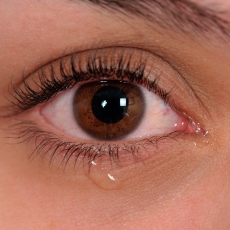 |
| (c) Medlineplus.gov |
Thursday, April 2, 2020
Embryonic stem cells for treating blindness
Researchers at Karolinska Institutet and St Erik Eye Hospital in Sweden have discovered a way to refine the production of retinal cells from embryonic stem cells for treating blindness in the elderly.
Using CRISPR/Cas9 gene editing, they also modified the cells so that they can hide from the immune system to prevent rejection.
Using CRISPR/Cas9 gene editing, they also modified the cells so that they can hide from the immune system to prevent rejection.
Thursday, February 20, 2020
Human blindness could be cured utilizing Zebrafish's capability to regenerate its retina
Researchers are looking into how a unique characteristic of a zebrafish can regenerate retinas in humans and keep people seeing as they age.
Zebrafish might be tiny, but they come with some supersized powers. But unlike mammals, they are able to regenerate parts of their retina if they become injured. That is why researchers from Vanderbilt University Medical Center are studying how this characteristic of zebrafish can help humans dealing with age-related vision loss due to damage to the retina.
Zebrafish might be tiny, but they come with some supersized powers. But unlike mammals, they are able to regenerate parts of their retina if they become injured. That is why researchers from Vanderbilt University Medical Center are studying how this characteristic of zebrafish can help humans dealing with age-related vision loss due to damage to the retina.
Subscribe to:
Comments (Atom)




